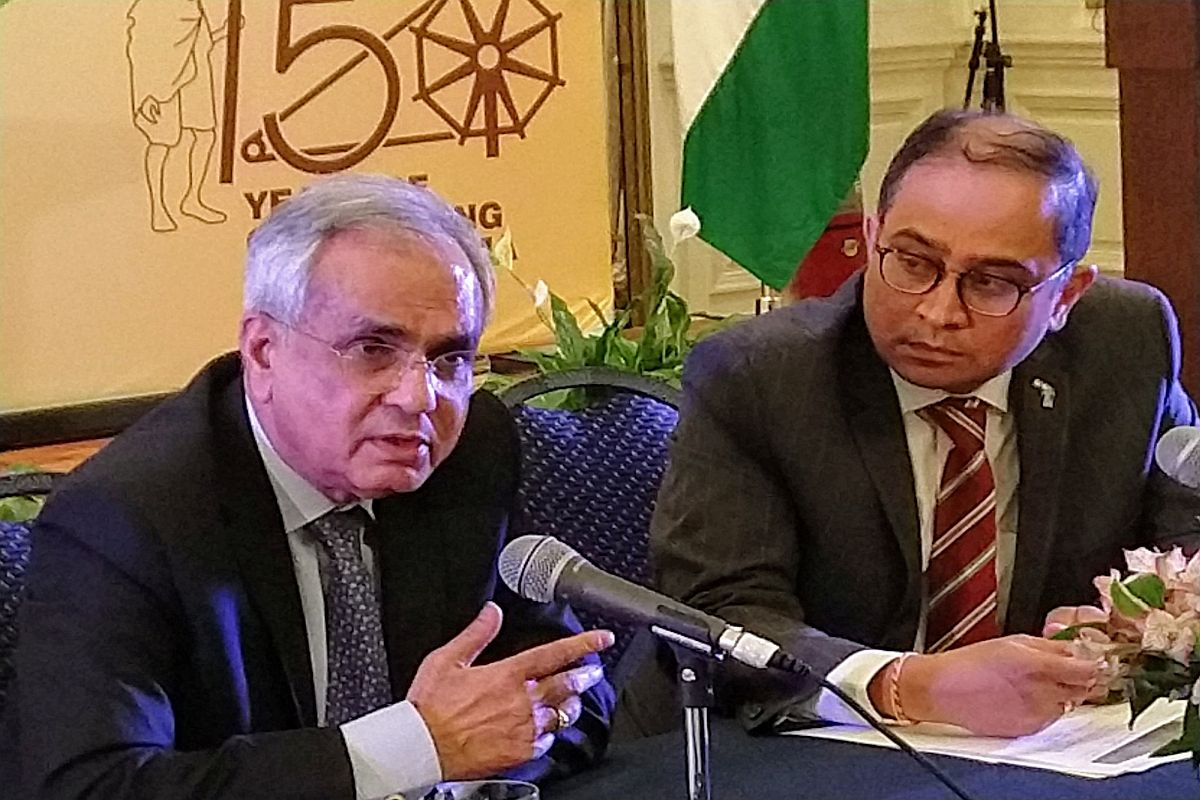NITI Aayog Vice-Chairman Rajiv Kumar on Thursday described the current economic slowdown as an “unprecedented situation” adding that said the government must do whatever possible to handle the high stress in the financial sector.
Addressing the Hero Mindmine summit, Kumar urged the government to take suitable measures even if it meant taking some extraordinary steps.
Advertisement
He said the country had not faced such a liquidity situation in the last 70 years.
“This is an unprecedented situation for the government of India. In the last 70 years, nobody had faced this sort of situation where the entire financial system is under threat and nobody is trusting anybody else. Within the private sector, nobody is ready to lend, everyone is sitting on cash,” Rajiv Kumar said.
“Government recognises absolutely that the problem is in the financial sector. Liquidity is turning into insolvency. Therefore you have got to stop that,” he said.
“The whole nature of the game has changed after demonetisation, GST and IBC. The earlier period where you had 35 per cent cash sloshing around has become much less now. All of these put together it is fairly complex situation. There is no easy answer.
“I have no hesitation in saying that there is no business of the government to hold back payments which are due to the private sector. At the moment there is huge effort going on to try and get this sorted out,” NITI Aayog vice-chairman added.
He also said private investments will drive India out of the middle-income trap.
Noting that the government has taken steps to address concerns of the stressed non-banking finance company (NBFC) sector, Kumar said the government does acknowledge NBFCs as a growth driver and has prevented many of them from collapsing.
Kumar said some of the steps have already been announced in the Union Budget to address stress in the financial sector and give a push to economic growth which hit a 5-year low of 6.8 per cent in 2018-19.
Explaining the genesis of the financial sector stress that has led to a slowdown in the economy, Kumar said the entire phenomenon started with indiscriminate lending during 2009-14 leading rise in non-performing assets (NPAs or bad loans) post 2014.
Rising NPAs reduced the ability of banks to do fresh lending, which space was taken over by shadow banks with credit growth of around 25 per cent. The NBFCs could not manage this high loan growth, leading to defaults by some of the large entities that eventually triggered the economic slowdown, according to the NITI Aayog Vice-Chairman.
On the issue of delay in payments by the government to the private sector in lieu of goods and services availed from them, Kumar said this could be one of the reasons for the slowdown, but the authorities are making all efforts to expedite the process.











